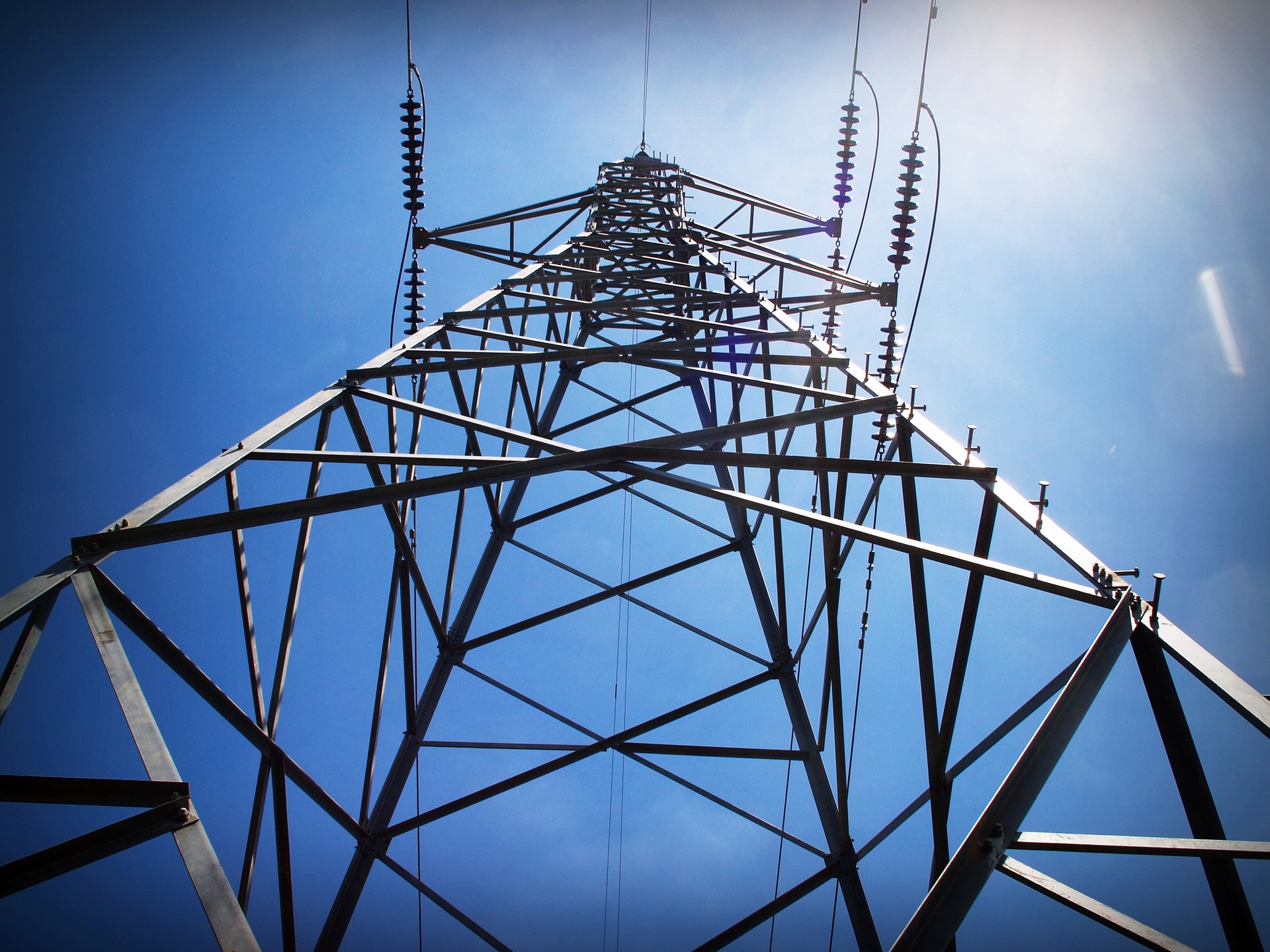As authorities and utility companies set about modernizing the grid and providing a stable supply of electricity, energy storage looks set to play a pivotal role. Energy storage systems have become increasingly popular in recent years, particularly when implemented alongside renewable energies like solar. Utility-scale energy storage could be the way forward as we strive to bring our energy supply into the future and safeguard against power outages.
In 2020, it has become more clear than ever before that a constant, reliable supply of electricity is an absolute necessity in the modern world. With many people working from home as a result of COVID-19, or spending time away from family and friends, the necessity of technology as a means of connection is abundantly clear. Utility-scale energy storage can ensure that we maintain these connections, even during blackouts and power outages.
With the rise of renewables and distributed energy generation, we have the opportunity to repurpose our power grid and energy network to ensure a stable, efficient, economically viable future for the distribution of electricity. In order to achieve this, we will need to implement utility-scale energy storage systems. 
The Benefits of Utility-Scale Energy Storage
Widespread implementation of utility-scale energy storage could allow us to:
- Safeguard against blackouts & power outages
- Offer a source of backup power
- More effectively manage energy distribution
- Stabilize energy cost fluctuations
- Modernize the grid
- Prepare for emergencies
- Improve flexibility and resilience of the energy network
With these key benefits and more, utility-scale energy storage could allow for a new level of grid stabilization and energy efficiency which, in turn, would help to keep energy prices stable and deliver economic benefits. Remember, the scalability of energy storage is one of its key features, meaning that a battery storage system can be integrated at the residential level, as well as the utility-scale level, following the same principles of stability and efficiency.
Energy Storage Technologies
Energy storage systems involve the implementation of a diverse range of technologies in order to operate efficiently and effectively. These technologies work together to ensure that energy is safely stored for distribution at a later point in time. These technologies come from a whole host of different sectors including mechanical, electrical, biological, thermal, chemical, and electrochemical.
Battery Storage for the Grid
The integration of energy storage systems as part of the wider power grid will allow grid operators to better contend with the fluctuation in energy demand without wasting any energy, or compromising the energy supply to consumers. It can be very difficult for power producers to estimate the precise amount of power they will need to produce each day in order to satisfy demand. This can lead to either excess production, which is wasteful and costly, or insufficient production, which can result in blackouts and power outages. Obviously, both outcomes are costly and inefficient—and not just for power producers. If power producers face rising operating costs as a result of an inefficient grid, then these costs will, inevitably, be passed on to the consumer.
The use of utility-scale energy storage would help to lower costs and stabilise power production, as any excess energy can be stored for later use. This is of benefit in both scenarios, as no energy will be wasted on days where too much is produced, and this excess production can then be distributed later when needed. With the implementation of energy storage systems, power production becomes more stable, and more efficient, leading to reduced costs and less risk. Additionally, energy storage systems offer a backup source of energy should the grid’s energy supply become compromised for any reason.
Energy Storage and Renewables
The flexibility and reliability of energy storage makes it the ideal companion for renewable energy sources like solar and wind. The energy generated by solar panels can be captured, stored, and distributed at a later time, ensuring that no energy is wasted unnecessarily and, instead, is utilised as efficiently as possible. Implemented alongside the power grid, a solar-plus-storage system can allow for:
- Capacity Firming
- Power Output Smoothing
- Storage From Excess Generation
- Control of Ramp Rates
- & more
If you’re interested in battery storage for your home, business, or community, then reach out to YSG Solar today. Whether or not you’ve already installed solar panels with YSG, we will be more than happy to discuss your energy storage options. Send us an email or call at 212.389.9215 to get started.
YSG Solar is a project development vehicle responsible for commoditizing energy infrastructure projects. We work with long-term owners and operators to provide clean energy assets with stable, predictable cash flows. YSG's market focus is distributed generation and utility-scale projects located within North America.
Sources:
https://www.landmarkdividend.com/bolstering-grid-battery-energy-storage-systems/

